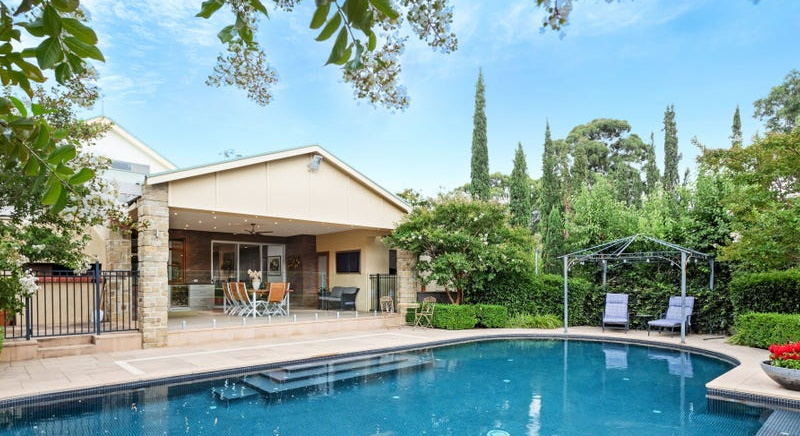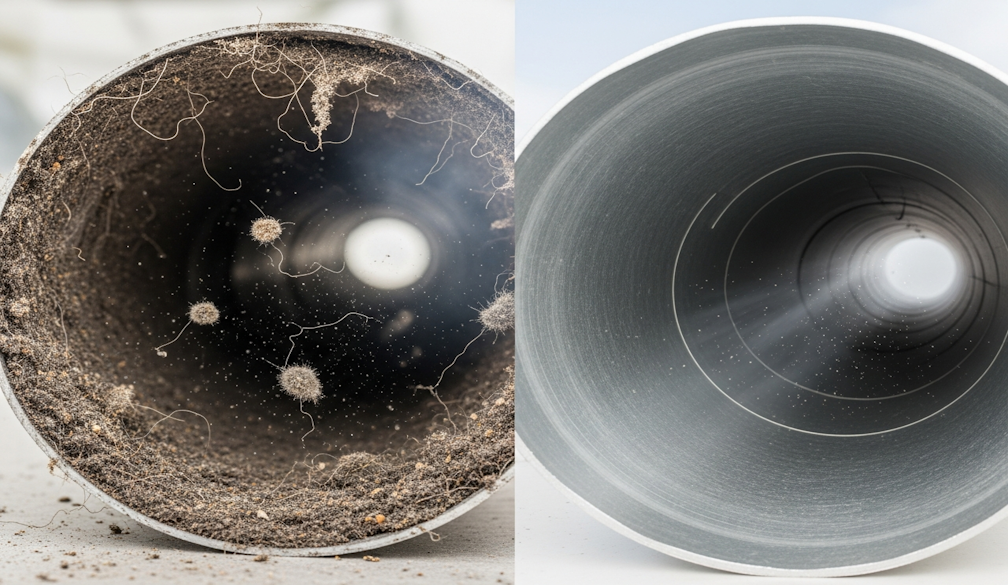10 things new pool owners must know

A pool is an excellent addition to your backyard, but it also comes with its own set of challenges. Pool ownership is not just about owning a pool. It involves a lot of work and responsibilities. You need to know what you're getting yourself into before you go ahead and buy a pool. Here are 10 things new pool owners must know.
Maintenance is a must:
It is essential to keep your pool super clean and safe for your family. You can do many things to maintain your pool, such as sanitizing the water, adding chemicals, and balancing the pH levels. Get a swimming pool cleaner for best maintenance.
Safety first:
While pools are generally considered safe, some safety measures should be taken to reduce the risk of injury or death. For example, don't swim without a lifeguard nearby and don't allow children in the pool without supervision.
Know how much water is required:
To calculate how much water you will require for your pool, multiply the surface area of your pool by 0.75 (the average depth).
Adequate filtration system:
Make sure that your pool has an adequate filtration system in place so that it can effectively remove debris from your water.
Water Chemistry:
It's crucial that you have proper water chemistry to avoid any problems with your pool water quality. The pH level in the water must be between 7.2 and 7.8 for chlorine to work correctly.
This range can be achieved by regularly adding either muriatic acid or sodium bisulfate to the pool water during its first year of operation.
Pool size:
The size of your pool is determined by the total square footage of the surface area. The surface area is determined by multiplying length x width x depth. The average size for a residential pool is about 3,000 square feet
Keeping an eye:
Ensure that you keep an eye on your pool at all times so that you can see if there are any problems or if anything is out of place in it, such as leaves or debris getting caught in the filter.
Winter Preparation:
Before winter starts, make sure you drain your pool correctly by turning off the pump and running it for about 12 hours. This will help prevent any damage that may occur during winter weather.
Preventing Algae growth:
You must also make sure that you have enough chlorine in your water when turning on the pump and heater for the season, or else you will suffer from algae growth or green water problems.
A fence around the pool:
Consider adding a safety fence around your pool to prevent falls from the edge of the deck or stairs into the water, as well as to keep children safe from drowning in case they fall in unsupervised.




